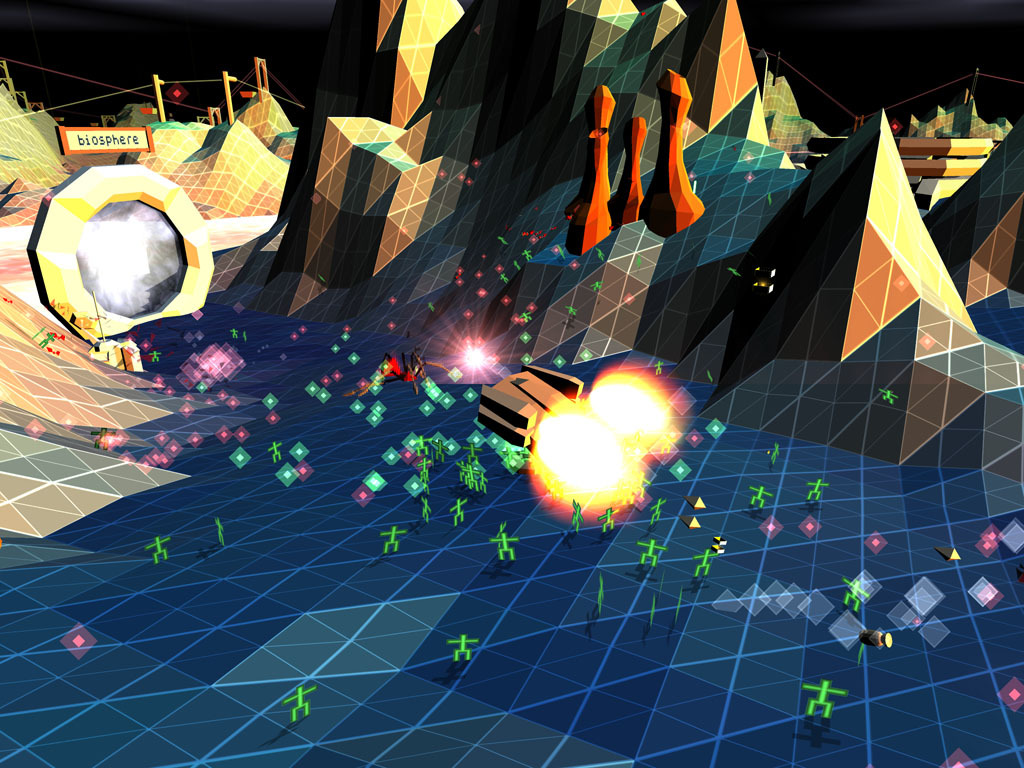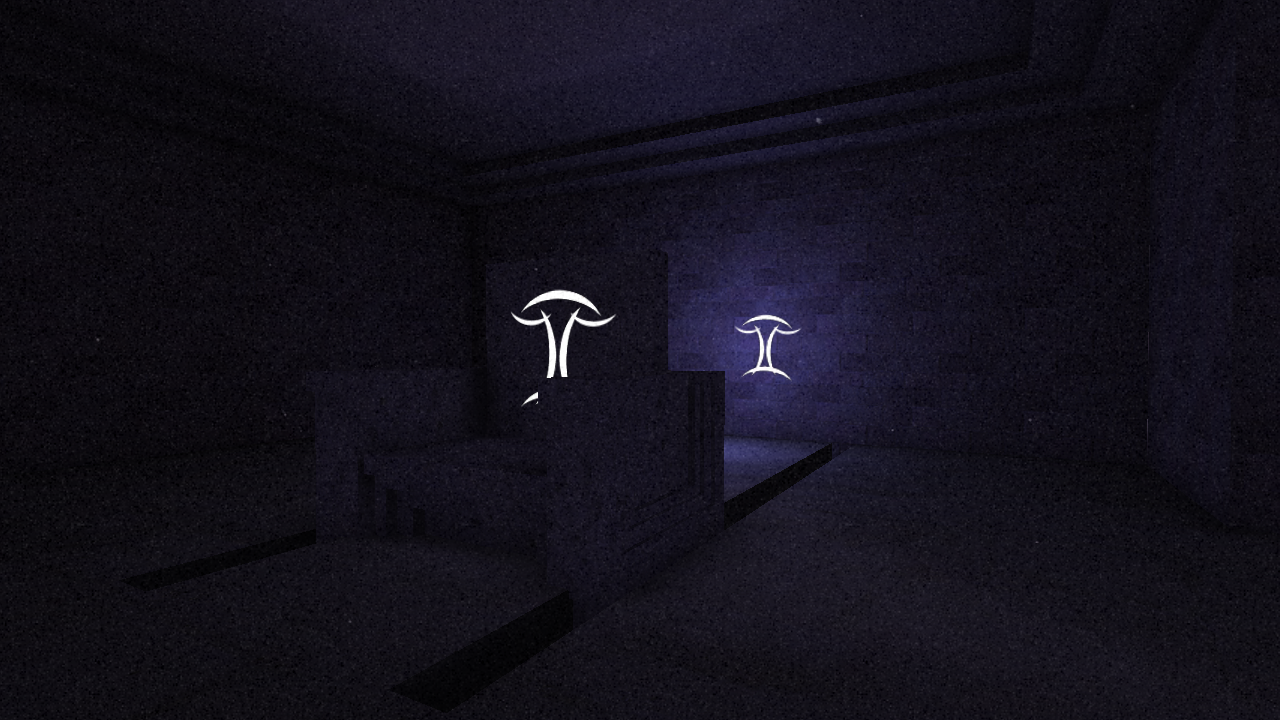Baldur's Gate

I begrudgingly shifted aside
Arcanum, my beloved Russian steampunk fantasy homage to the political strife of the Industrial Revolution, because for all its merits, it's just not as compulsively absorbing as this, the
not-quite-first outing of
Mass Effect devs Bioware (with the assistance of Black Isle, who would later collapse, reform as Troika and make
Arcanum). The sequel would take the story in a much darker direction, and is generally considered better, but that emotional weight came at the price of levity. Open-world RPGs need more than a big map to feel liberating; they need to instill a sense of righteousness, optimism and independence. While all the games Black Isle worked on had openness,
Baldur's Gate, more than any other, makes you feel
free.
It's the last game that truly had me addicted. I spent every waking hour on a drip-feed of exploration, well-written dialogue, fun combat, and
rare and significant level-ups. My life wasn't great at the time, but that just added more joy to the easygoing thrill of romping to the corners of the known world with a party of characterful weridos, stabbing strange monsters to death, getting into scrapes and binds, and each time making it out by the skin of your teeth before you all stumble back to the nearest inn.
It's an
adventure.
Darwinia / Multiwinia
 Darwinia
Darwinia was
Thomas Was Alone before
Thomas Was Alone was
Thomas Was Alone. Through sheer strength of narrative and design, it makes you unswervingly dedicated to the wellbeing of a few pixellated stickmen. The gameplay is fluid and satisfying; there's nothing just thrown in. Every element has been sharpened to a razor edge, and the result is a game that asks you to do pretty much the same thing for ten hours, and yet never gets old.
Which is just as well, because in multiplayer it's insane. Just like
Baldur's Gate stole
Arcanum's spot,
Multiwinia is good enough to push out
Worms: Armageddon, considered by many to be the quintessential party strategy game.
Multiwinia is everything good about real-time strategy - the hectic pace, the broad variety of techniques, the need to constantly adapt, and that power-trip satisfaction of seeing an army of obedient subjects bend to your will - condensed into a form anyone can pick up in ten minutes. There's one kind of unit, one resource, no base management - everything happens on the battlefield. And by "everything", I mean giant spiders being blown up by aliens while a carpet-bombing sends a magical forest up in flames and obliterates a soul-harvesting machine.
Kairo

When lists like these crop up in the media, this space is usually reserved for
Myst.
Myst was pioneering, accessible, and the textbook definition of a seminal work - after
Myst came out, games couldn't just be challenges to overcome, they had to be
places you went.
Unfortunately, it wasn't actually very good. Clunky, ugly, and unintuitively designed, it only flourished due to its total lack of competition. Now we all know better, and
Kairo stepped up to draw the mark where it should have been set all those years ago. Stylish, immediate, cryptic, heartfelt, and outright unnerving at times, it trumps the aging classic in every regard, and remains one of the very few games to make me cry (albeit at five in the morning).
Morrowind

It's fantasy Mongolia. It's sprawling, it's characterful, and has a beautifully fleshy, living feel that only first-person games can convey. Chat to the locals, murder wildlife, eat fungi you found in a ditch.
Morrowind is a place people live, and playing it allows you to be the stranger in the strangest of strange lands.
Mod out the Cliff Racers first.
Honourable mentions go to
Aquaria and
Rayman 3: Hoodlum Havoc, which, as great as they truly are, didn't have quite the right flavour for this kind of list. They're both better enjoyed with a few other games under your belt.